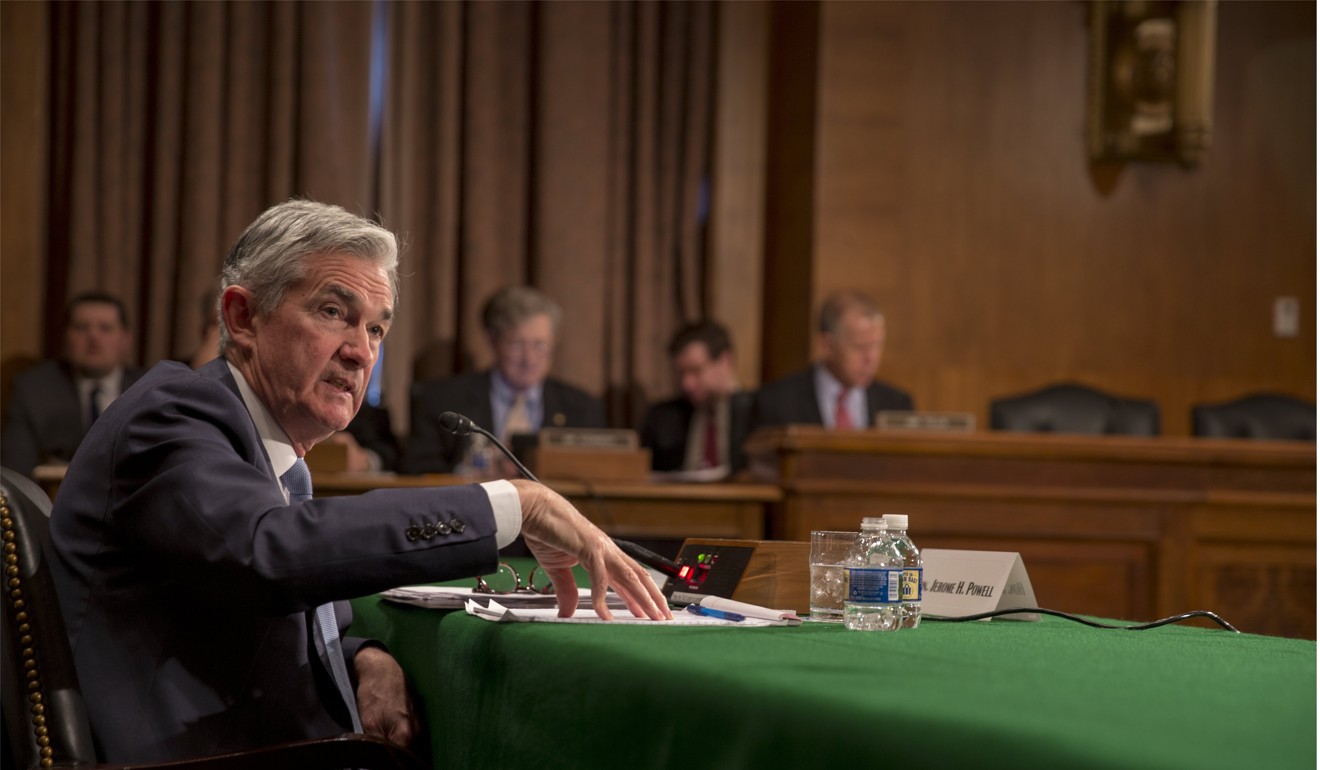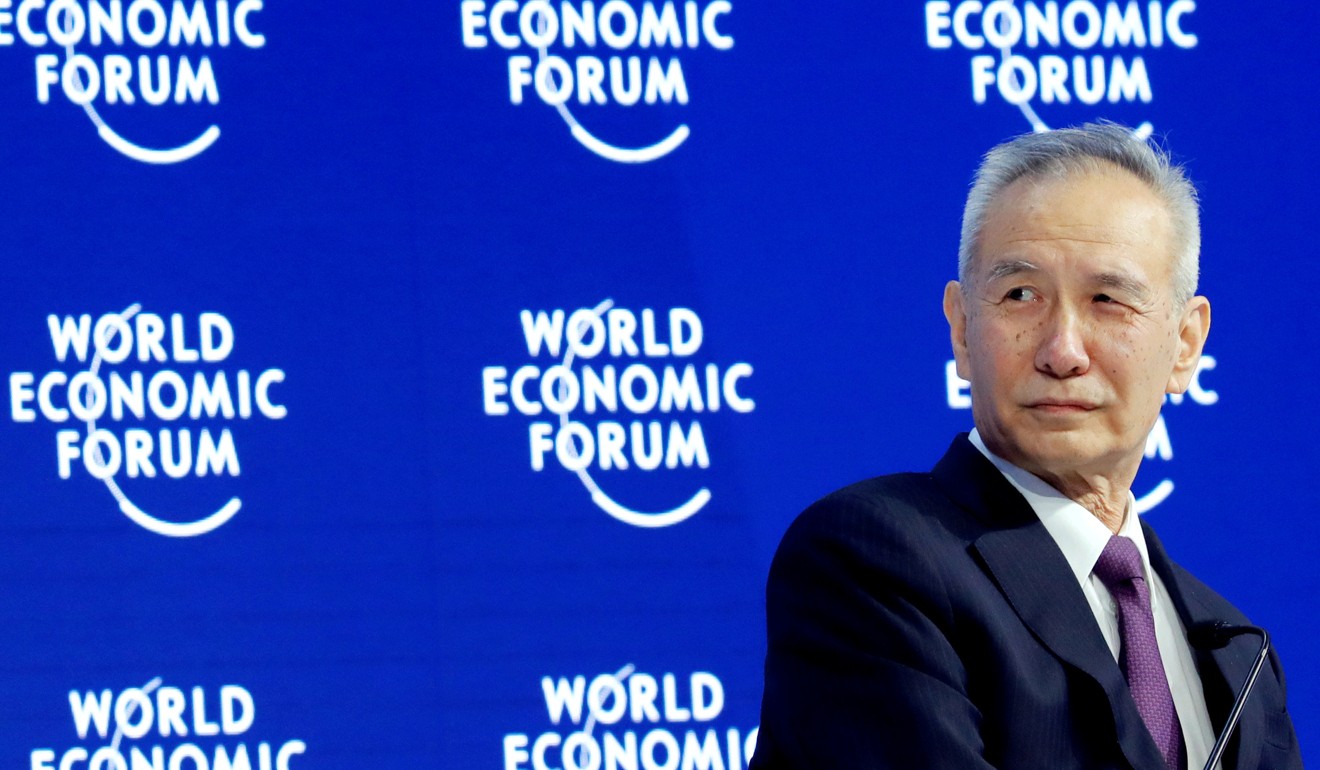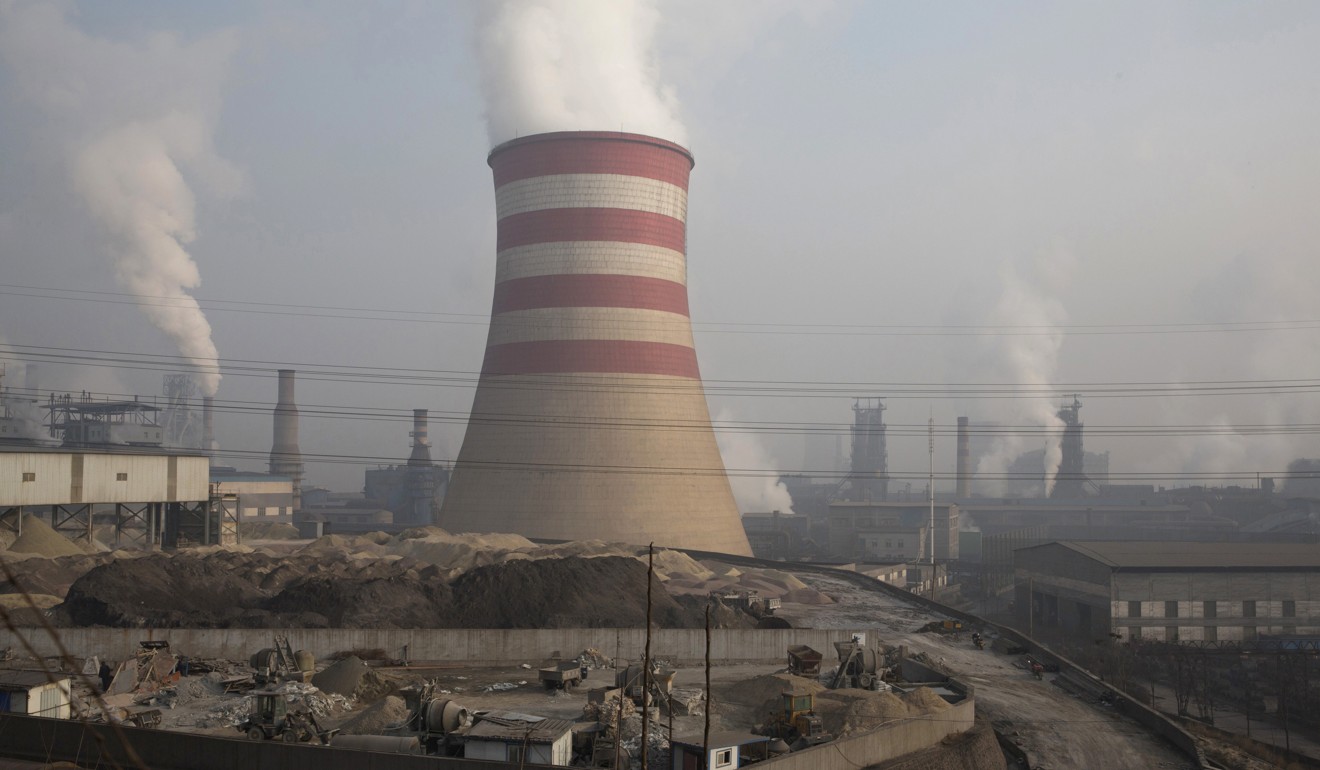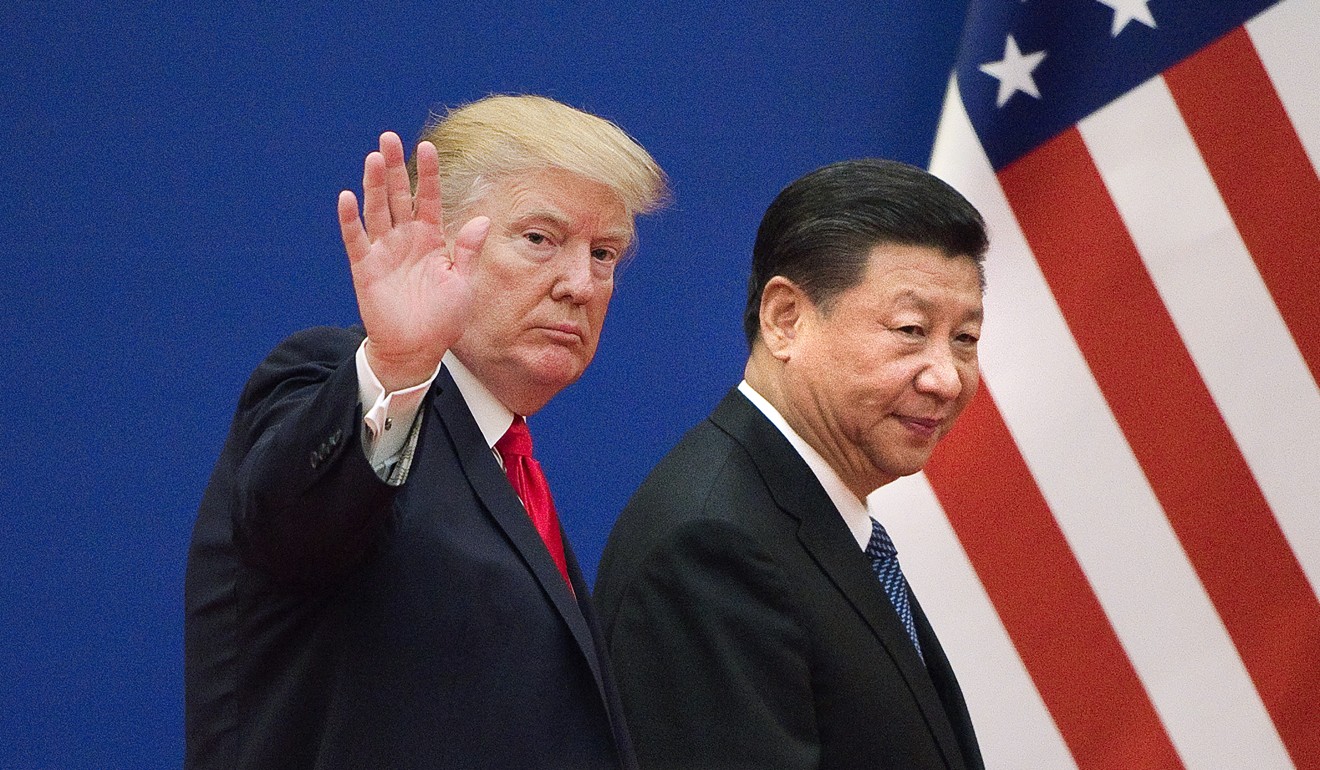
US markets fall hard after Trump hits China and others with big tariffs on steel and aluminium
Trump announced that he would sign off on the tariffs on all countries next week - potentially starting a trade war with China
US markets dropped hard after US President Donald Trump confirmed that he will sign off on hefty tariffs for steel and aluminium products from other countries - including China - next week.
Trump said on Thursday that he would place a 25 per cent tariff on steel and 10 per cent tariff on aluminium product imports, which he says are harming US producers.
The Dow and S&P 500 registered a third straight day of more than 1 percent declines after Trump’s announcement raised concern about higher prices and a trade war. The declines put the Dow into negative territory for the year and drove the Cboe Volatility Index to its highest close since February 13, denting the market’s recent recovery from deep losses in early February.
Shares of auto makers and other big consumers of steel and aluminum were among the big losers. General Motors Co lost 4 per cent, while Ford Motor Co was down 3 per cent

Trump made the announcement during a meeting at the White House with producers of the two metals, who would be among the principal beneficiaries of any new barriers to competing imports.
“You’re going to have protection for the first time in a long time,” he told the gathering of metals industry executives.
The decision is one of his toughest actions yet, and risks antagonising friends and foes alike.
On Thursday, Federal Reserve Chairman Jerome Powell and one of his top lieutenants separately praised the benefits of a global economy without trade restrictions, though they did not explicitly reference Trump.
Responding to questions from the Senate Banking Committee, Powell said a system where goods and services flow freely is a net positive for many countries, though the benefits aren’t spread equally.
Raising trade barriers would risk setting off a trade war, which could damage economic growth prospects around the world
Powell, without commenting directly on any specific country’s policy, said the “best approach is to deal directly with the people who are directly affected, rather than falling back on tariffs.”
Meanwhile, New York Federal Reserve Bank President William Dudley was even more explicit in his criticism of trade barriers, saying in a speech in Brazil that “protectionism is not the answer.”
Dudley said such penalties “often backfire” and hurt workers.
“Trade barriers are a very expensive way to preserve jobs in less competitive or declining industries,” Dudley said.
“Raising trade barriers would risk setting off a trade war, which could damage economic growth prospects around the world.”
Prior to Trump’s announcement, an insider who asked not to be identified because the deliberations were not public, said said the details of the decision may still change, and it’s possible some countries may be granted exemptions.
“Our Steel and aluminium industries (and many others) have been decimated by decades of unfair trade and bad policy with countries from around the world,” Trump said in a Twitter posting on Thursday, prior to the announcement.
“We must not let our country, companies and workers be taken advantage of any longer. We want free, fair and SMART TRADE!”
A White House official said on Thursday that there will be an announcement on trade later in the day.
The danger is if affected countries, like China, Korea and Mexico in this case, choose to retaliate
The president has been considering a range of options to curb imports of steel and aluminium, after the Commerce Department concluded shipments of the two metals hurt US national security.
Leading up to the decision, the president told confidantes he was leaning toward a 24 per cent tariff on steel, the harshest of the alternatives given to him by Commerce.
The US move may provoke retaliation from China, the world’s biggest steel and aluminium producer, at a time when President Xi Jinping’s top economic adviser, Liu He, has been dispatched the US in attempt defuse tensions.
China has already launched an investigation into US imports of sorghum, and is studying whether to restrict shipments of US soybeans – targets that could hurt Trump’s support in some politically important farming states.
Asian steel stocks declined. Nippon Steel & Sumitomo Metal Corp. and JFE Holdings Inc. slumped in Tokyo while Baoshan Iron & Steel Co. fell in Shanghai, Hesteel Co. retreated in Shenzhen and BlueScope Steel Ltd. dropped in Sydney.

US producers from Alcoa Corp. to AK Steel Holding Corp. rose before the start of regular trading in New York, while aluminium avoided an industrial-metals sell-off in London.
China will take proper measures to safeguard its rights and interests
“Trade measures on specific sectors or countries usually do
n’t have a major impact on overall global trade,” said Chua Hak Bin, a senior economist at Maybank Kim Eng Research in Singapore.
“The danger is if affected countries, like China, Korea and Mexico in this case, choose to retaliate with even stronger countermeasures, but we think any retaliation will likely be calibrated and measured as no country wants this to spiral into a major trade war.”
While China accounts for just a fraction of US imports of the metals, it is accused of flooding the global market and dragging down prices.
“The United States has overused trade remedies and it will impact employment in the US and the interests of US consumers,” Chinese Foreign Ministry spokeswoman Hua Chunying said.
“China will take proper measures to safeguard its rights and interests.”
The decision may also harm relations with key allies including Canada and Mexico, which are already locked in discussions over US demands to change the North American Free Trade Agreement. Canada is the biggest foreign supplier of US steel.
The European Union has suggested such an action by the US would face a legal challenge at the World Trade Organisation. At home, consumers could see price hikes for everything from cars to beer cans that would be triggered by tariffs.

Defence Secretary James Mattis had lobbied the president for targeted options on steel, warning that sweeping measures could undermine US relations with its allies.
European officials have argued that it doesn’t make sense to penalise members of the Nato defence alliance in the name of security.
Trump was under pressure from lawmakers in his Republican Party to soften the blow on foreign steel. Businesses from drink firms to carmakers have warned a crackdown could raise prices in their industries and cost jobs.
The decision may play well in rust belt states such as Pennsylvania and Ohio that Trump won after promising a tougher approach to trade.
The announcement will end months of uncertainty over the steel and aluminium market.

Last April, the president ordered Commerce to study the impact of steel and aluminium imports on national security under seldom-used section 232 of the 1962 Trade Expansion Act.
The department submitted its final reports to the president in January.
US rhetoric appears to be getting more aggressive going into the midterm elections, though Beijing still has plenty of ways to hit back, according to Dwyfor Evans, head of Asia-Pacific macro strategy at State Street Global Markets in Hong Kong.
“On financial assets, let alone trade, the Chinese can turn around and basically spook the Americans,” Evans told Bloomberg Radio Thursday.
“The Chinese can always rebound with a comment that they own a hefty amount of US Treasuries they can obviously withdraw.”

